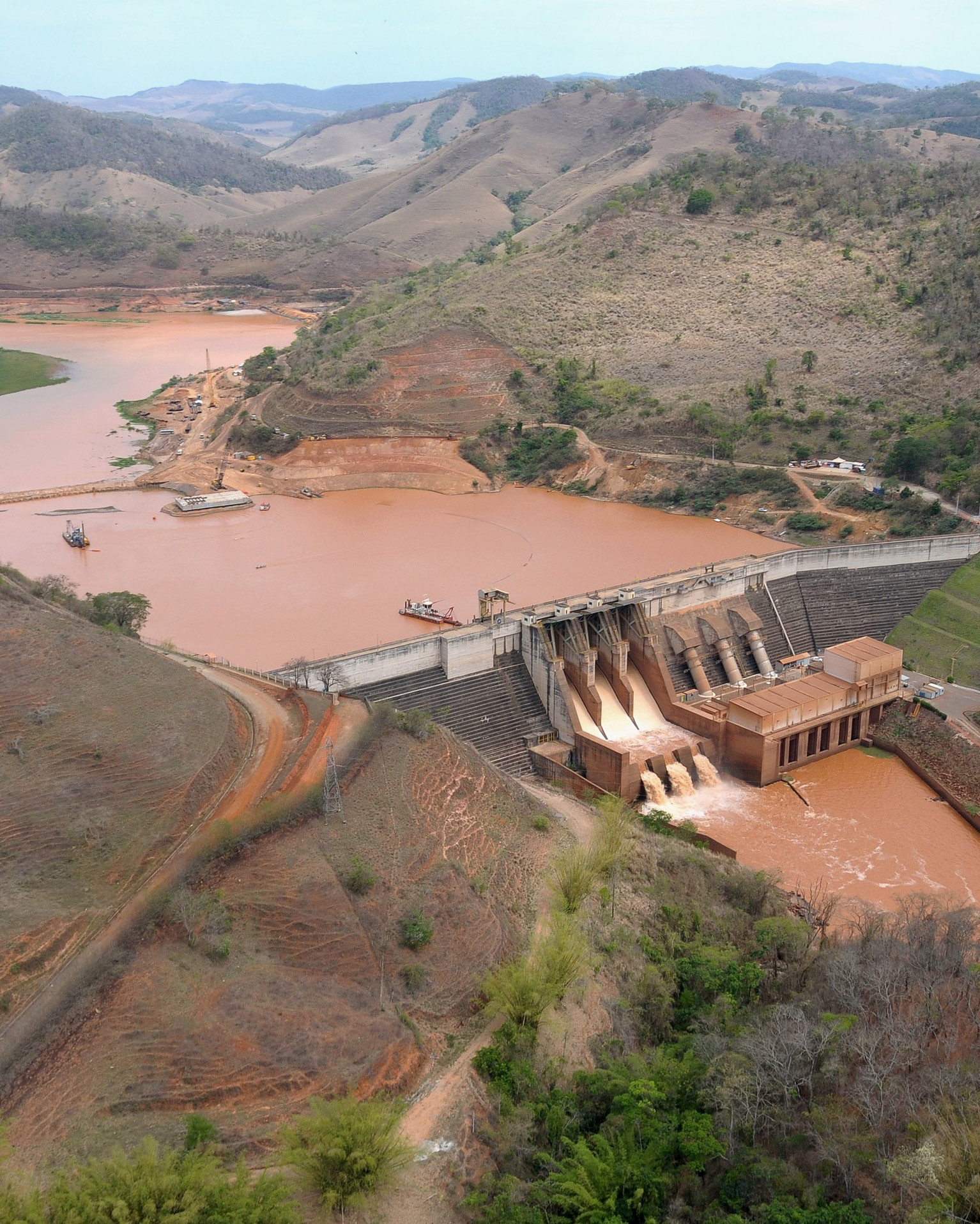

Downloads
DOI:
https://doi.org/10.58981/bluepapers.2023.2.02Published
Issue
Section
License
Copyright (c) 2023 Vera Margarida Lessa Catalão, Sergio Augusto de Mendonça Ribeiro

This work is licensed under a Creative Commons Attribution 4.0 International License.
How to Cite
Abstract
Water has a central position in the cosmovision of Native peoples in Brazilian culture. In the Andes, water is sacred and revered. However, in South America, colonial practices and the advance of agriculture and farming following industrialization has had devastating effects on cultures and ecologies. Only in recent decades has awareness started growing that there might be lessons for a sustainable future to be found in Indigenous peoples’ ways of living with water. This article conceptualizes the importance of “nature-based solutions” and illustrates this with examples from Brazil (Minas Gerais) and the Andes. It shows how ancient water practices are still present in local communities and languages, and the authors suggest ways of reinstating and protecting water-related heritage that go beyond the divides between nature and culture, tangible and intangible.
References
Acosta, Alberto. 2016. O Bem Viver: Uma Oportunidade para Imaginar Outros Mundos [Buen vivir: an opportunity to imagine other worlds]. São Paulo: Elefante.
Acosta, Alberto, and Ulrich Brand. 2018. Pós-Extrativismo e Decrescimento: Saídas do Labirinto Capitalista [Post-extractivism and degrowth: Exits from the capitalist labyrinth]. São Paulo: Elefante. (In Portuguese).
Boelens, Rutgerd. 2017. “Rivers of Scarcity: Utopian Water Regimes and Flows against the Current.” Wageningen: Wageningen University & Research. https://doi.org/10.18174/432727.
Burg, Ricardo. 2014. “Povos Indígenas na Gestão das Águas: Diálogos para Cooperação” [Indigenous peoples in water management: dialogues for cooperation]. In Água e Cooperação: Reflexões, Experiências e Alianças em Favor da Vida, edited by Sergio Ribeiro, Vera Catalão and Bené Fonteles, 213–21. Brasilia: Ararazul, Organização para a Paz Mundial.
Chamorro, Graciela. 2010. “Imagens Espaciais Utópicas. Símbolos de Liberdade e Desterro nos Povos Guarani” [Utopian spatial images. Symbols of freedom and exile in the guarani people]. Indiana 27: 79–107. https://doi.org/10.18441/ind.v27i0.79-107.
Catalão, Vera Lessa. 2006. “As Qualidades Sensíveis da Água” [The sensible qualities of water]. In Agua como Matriz Ecopedagógicaica: Um Projeto a Muitas Mãos, edited by Vera Lessa Catalão and Maria do Socorro Rodrigues, 82–94. Brasilia: Universidade de Brasília. (In Portuguese).
Cambridge Language Surveys. 1999. The Amazonian Languages, edited by Robert M. W. Dixon and Alexandra Y. Aikhenvald. New York: Cambridge University Press.
Huanacuni, Fernando Mamani. 2010. Buen Vivir/Vivir Bien. Filosofía, Políticas, Estrategias y Experiencias Regionales Andinas [Buen vivir/vivir bien. Philosophy, policies, strategies and andean regional experiences]. La Paz: PRISA. https://dhls.hegoa.ehu.eus/documents/5182.
Instituto do Patrimônio Histórico e Artístico Nacional. n.d. “Home.” Accessed January 12, 2023. https://www.gov.br/iphan/pt-br.
Institute for the Environment and Renewable Natural Resources. 2006. “Plano Nacional de Recursos Hídricos” [National water resources plan]. Panorama e Estado dos Recursos Hídricos do Brasil 1. Brasilia: Ministério do Meio Ambiente. https://www.cbhdoce.org.br/wp-content/uploads/2015/01/PNRH-Vol-01.pdf.
Massuela, Amanda, and Bruno Weis. 2019. “O Tradutor do Pensamento Mágico” [The translator of magical thinking]. Interview of Ailton Krenak, CULT, no. 251 (November). São Paulo: Editora Bregantini. https://revistacult.uol.com.br/home/ailton-krenak-entrevista/. (In Portuguese).
Parker, Cristián. 2017. “Les Acteurs Sociaux et les Éthiques Écologiques dans le Conflit Extractif: L’Éthique Autochtone Sud-Américaine” [Social agents and ecological ethics in the extractivist conflict: Indigenous South American ethics]. In L’Espoir Malgré Tout – L’Oeuvre de Pierre Dansereau et l’Avenir des Sciences de l’Environnement. 1st edition, edited by Normand Brunet, Paulo Freire Vieira, Marie Saint-Arnaud and René Audet, 173–88. Québec: Presses de l’Université du Québec. https://doi.org/10.2307/j.ctv6zd9gp.19.
Paula Júnior, Franklin. 2021. “We are Water: Cosmovisions and Political Perspectives on Water from the Dialogue with Institutional Actors and Civil Society.” Master’s thesis, University of Brasilia.
Ribeiro, Maurício Andrés. 2017. “Ecologizar as Comunidades” [Ecologizing communities]. In Psicologia, Educação e o Debate Ambiental: Questões Históricas e Contemporâneas, edited by Béatrice Haengelli-Jenni et al., 37–55. Belo Horizonte: FaE/UFMG. https://cdpha.pro.br/wp-content/uploads/2020/10/Colecao-Antipoff-2017-Psic-educ-debate-ambiental.pdf.
Silva, Neusiene Medeiros da, Anna Jéssica Pinto de Andrade and Cimone Rozendo. 2014. “‘Profetas da Chuva’ do Seridó Potiguar, Brasil” [Rain prophets’ from the seridó region, brazilian northeast]. Boletim do Museu Paraense Emílio Goeldi. Ciências Humanas 9, no. 3: 773–95. http://dx.doi.org/10.1590/1981-81222014000300014.
United Nations. 2018. The United Nations World Water Resources Development Report: Nature-Based Solutions for Water Management. Paris: UNESCO. https://unesdoc.unesco.org/ark:/48223/pf0000261424.locale=en.


